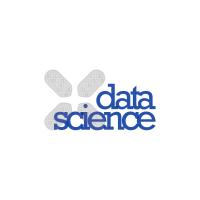Аннотация
Recent research has demonstrated how the widespread adoption of collaborative tagging systems yields emergent semantics. In recent years, much has been learned about how to harvest the data produced by taggers for engineering light-weight ontologies. For example, existing measures of tag similarity and tag relatedness have proven crucial step stones for making latent semantic relations in tagging systems explicit. However, little progress has been made on other issues, such as understanding the different levels of tag generality (or tag abstractness), which is essential for, among others, identifying hierarchical relationships between concepts. In this paper we aim to address this gap. Starting from a review of linguistic definitions of word abstractness, we first use several large-scale ontologies and taxonomies as grounded measures of word generality, including Yago, Wordnet, DMOZ and Wikitaxonomy. Then, we introduce and apply several folksonomy-based methods to measure the level of generality of given tags. We evaluate these methods by comparing them with the grounded measures. Our results suggest that the generality of tags in social tagging systems can be approximated with simple measures. Our work has implications for a number of problems related to social tagging systems, including search, tag recommendation, and the acquisition of light-weight ontologies from tagging data.
Линки и ресурсы
тэги
сообщество
@dbenz- тэги данного пользователя выделены












